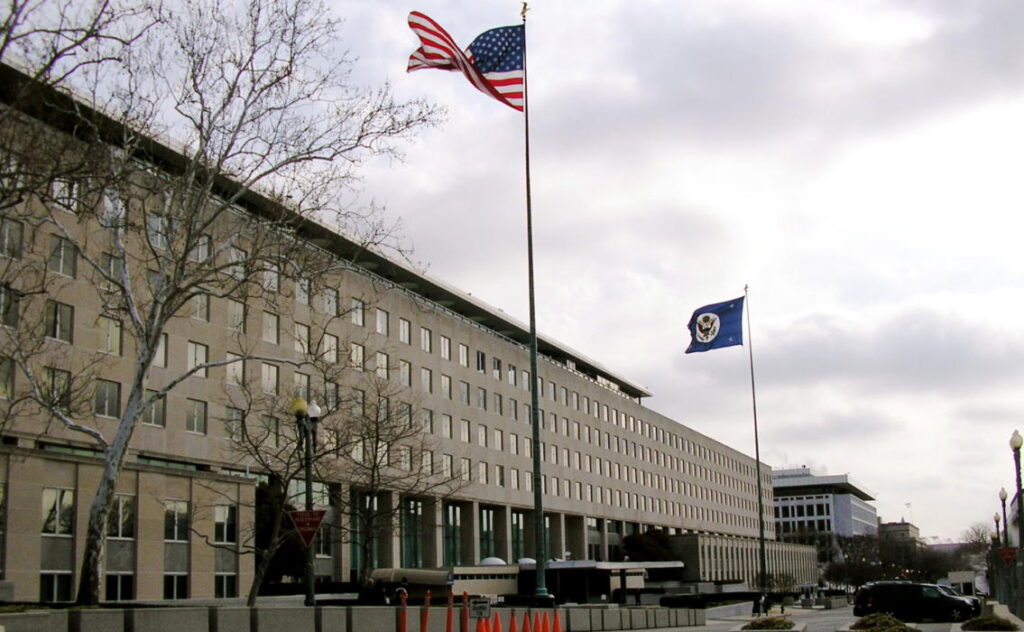The basic premise of the United Nations, according to the Trump administration, is that the U.S. spends a lot of money on the organization and in return we expect other members to vote the way we want them to vote. If they don’t, we may punish the entire organization. We may punish individual countries in other ways by withholding or canceling economic or military or humanitarian aid. We also will react negatively to anything that can be perceived as disrespect, and if the United Nations as a whole questions our foreign policy decisions, that is definitely a sign of disrespect rather than substantive or moral disagreement.
I don’t think we have to get too complicated here or delve into the details of any particular case. This behavior is corrupt. The United Nations does many things, but at its heart it is a set of legislative bodies and associated committees. And our position is that these bodies are not free to vote according to their conscience without fear of retribution to the institution, the individual members, or both.
Realistically, the members of any legislative body are subject to outside pressure, bullying, and retribution. That’s politics. But these elements of politics always push up against ethical boundaries, sometimes crossing them. We try to balance that out with sunshine and accountability, so we have requirements that people disclose who is giving them money and we make lobbyists register and abide by certain guidelines. We limit what kind of gifts are allowed and we have ethics committees that try to limit bribery and kickbacks.
What’s truly unusual in this case is that the legislative body itself is being threatened. It’s far different to be a lawmaker who has to decide how to vote based in part on fundraising considerations and threats from lobbying groups, and to be a lawmaker who feels he has to vote a certain way or else the body he serves will be stripped of funding and perhaps see a reduction in its area of responsibility or its influence.
Obviously, the United States is going to use its power as leverage within the United Nations, as do other major powers. But it’s a major transgression to attack the institution itself. It’s also unseemly to so brazenly threaten individual nations in an effort to coerce their votes. This, too, is corrosive to the health of the institution. And it’s deeply resented all across the world, among our closest allies and our foes alike.
All of this would apply to any topic, but that the topic is as controversial as Jerusalem makes matters even worse. And it doesn’t help that most of our threats are empty. Threats we can’t keep don’t make us stronger or more respected, and they certainly don’t increase the likelihood that we’ll get the votes we want in the future.
Overall, this has been a shameful and horrid day for the United States on the international stage.
